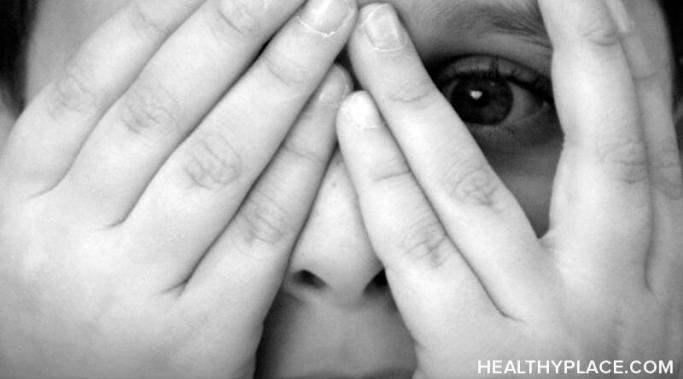Struggling with anxiety means often experiencing symptoms unexpectedly, so compartmentalizing anxiety can help. Life does not stop when you experience anxiety. The day goes on, you still have to go to work, go to school, tend to your family, and all of this does not stop when you feel anxious. However, there are coping strategies you can use to help you manage chronic anxiety on a daily basis when you know that life goes on and it is important to focus on the present. During times that this has occurred for me, I have found that it has been helpful for me to compartmentalize my anxious thoughts and feelings.
Anxiety Management – Treating Anxiety
How can having faith help anxiety? Let's talk about why having faith works, what faith is, how to have faith, and faith's effect on anxiety.
Dealing with chronic anxiety can be lonely when you feel like others don't understand what you go through. One of the challenges with this is that it can cause you to want to withdraw from others.
Anxiety can be paralyzing. I know that there have been many times when I have experienced anxiety that has stopped me in my tracks, and I have felt that it was physically impossible to move forward.
Staying positive is something that we all hear is important. But how does positive thinking help anxiety? I used to think about this quite a bit when I was younger and lacked the tools to manage my anxiety. I would often wonder how having a positive outlook and being optimistic could be helpful for me. I often thought that no one understood what I went through, that the worries that consumed me, and all of my racing thoughts, could not be put to rest simply by thinking positive thoughts.
I have talked a lot about using self-care as an important strategy for managing anxiety. And I'm sure you have read a lot about it and seen a lot about it on TV as well as on social media. We are constantly inundated every day with tips and strategies for self-care. But does self-care truly help anxiety?
When you experience chronic anxiety, it is probably difficult to imagine you could distract yourself from that anxiety. With anxiety, you may find that you become overwhelmed with worry and racing thoughts. This can be difficult when it results in many physical symptoms, such as a racing heart rate, headaches, and stomach problems. It can become even more problematic when it interferes with your daily life, and you find that you are having a hard time concentrating, having a hard time sleeping, or constantly on high alert.
When you struggle with chronic anxiety, it can be hard to confront your triggers. But, anxiety occurs as our body's response to stress that we are experiencing or have experienced. Chronic anxiety means that your body keeps experiencing anxious symptoms, even if the stress is no longer present. Meaning, when you experience chronic anxiety, your body is constantly on high alert.
If you experience chronic anxiety, you may have found that, over the past year or so, it has increased due to these uncertain times in the pandemic. And perhaps quite a bit of your anxiety has been related to uncertainties surrounding the circumstances. This is something that has impacted me. I found that, particularly in the early months, I felt very anxious because there were so many things that were unknown.
If you build confidence, you can reduce your anxiety. This is because anxiety is often characterized by feelings of fear and worry. When you experience chronic anxiety, these feelings of fear and worry may persist, and it can be challenging to overcome. Chronic anxiety can continuously affect the person experiencing it, and the individual may find that they periodically experience panic attacks and other physical symptoms of anxiety.









